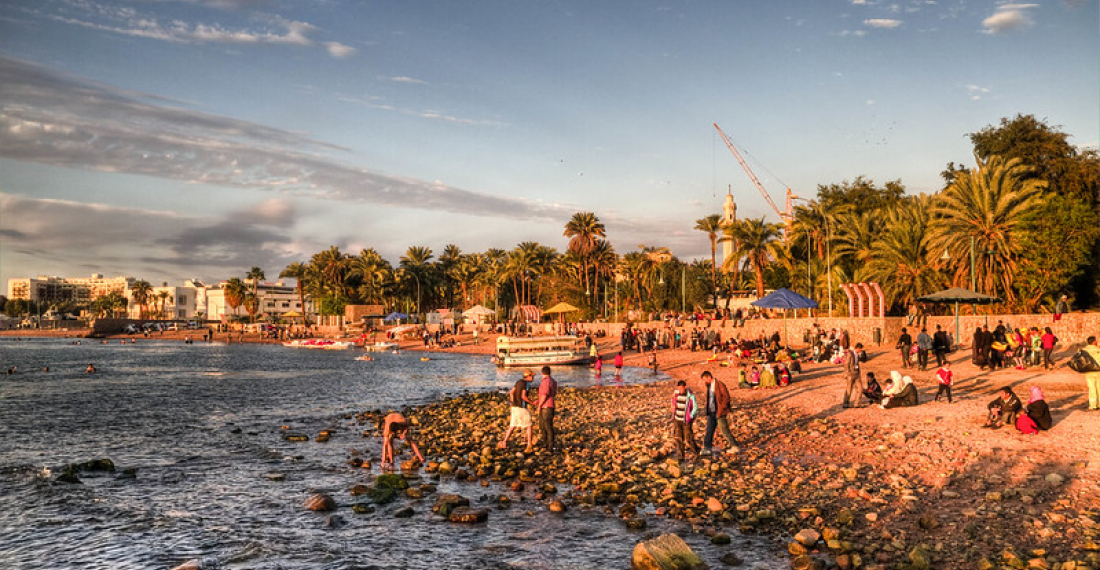The Jordanian Ministry of Environment announced on Sunday that it would work to create a marine reserve in the Red sea. The reserve in the port city of Aqaba will be Jordan's first marine reserve with the object of preserving coral reefs and marine ecosystems as well as promoting sustainable development.
The Jordanian cabinet has recently approved the declaration of the reserve, which is also hoped to promote tourism and underwater activities in the southern city, as per a statement by the Environment ministry.
The ministry described the declaration as a national achievement that will help Jordan honour its international commitments.
"We congratulate His Majesty King Abdullah II, the homeland and all partners for this national achievement, which strengthens the Kingdom's position at the international level in fulfilling its international commitment, especially the Convention on Biological Diversity, and achieving Goal 14 of the Sustainable Development Goals related to life underwater, and it is expected that the declaration of this reserve will contribute to adding To preserve the marine environment in contributing to the support of the national economy by increasing the revenues of ecotourism and creating more job opportunities in issues related to marine tourism and scuba diving." said a statement by the ministry.
The declaration was made in cooperation with the Aqaba Special Economic Zone Authority and United Nations Development Program in Jordan.







